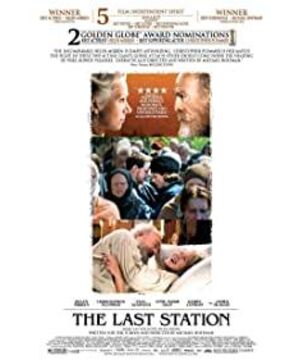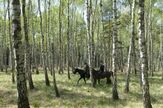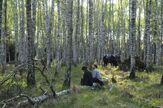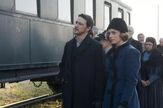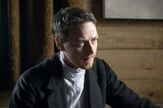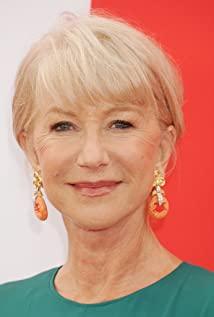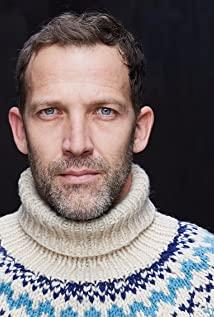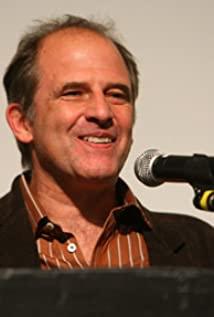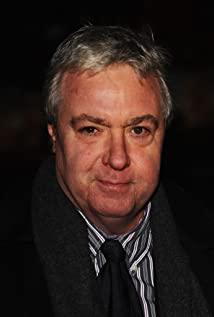"The Last Stop" focuses on the dramatic changes in Toweng's thoughts in his later years, and he ran away angrily, from the house of the nobleman to the countryside, where he died. Around this story, the film does not tell too much about his thoughts, but focuses on family disputes. The disputes between him and his wife and daughters are intertwined with betrayal and concealment, more love and family trivial matters. And the love stories of other people surrounding Toon.
In fact, from "War and Peace" to "Anna Karenina" and "Resurrection", Toon's feelings as an intellectual have been exposed very clearly. "Anna Karenina" has both a bitter criticism of the old urban aristocracy, a ruthless mockery of the old order, and full of sorrow for the oppression of human nature by the old system. Anna Karenina is here. The old people of the old order were slowly tortured to death, and poor Anna just released her inner call for love. Regarding the repression of love and the harshness of human nature under the structure, Anna merely obeyed her natural desires, so she had to die for it. This absurdity, as well as the impact of death, give people a strong impulse to break through order. At the same time as Anna’s tragedy, it’s also the same story. Anna’s brother’s experiments in the countryside proved the beauty of nature on the reverse side. In the countryside outside the city, the relationship between people The relationship maintains a simple nature, where there is real love and real friendship, and caring for people, without the cold interpersonal barriers between urbanites. From the trigger of this work to "Resurrection", Toweng used a wealthy son to thoroughly sharpen the thoughts of the old nobles, cut off the continuity with the old order, and re-germinated humanity, noble son. Nekhludoff finally made spiritual salvation for his inner peace. Following this path, Tolstoy was able to give up his identity and status in his later years, as well as wealth for most of his life, and was determined to go to the wilderness and merge with the world, which can be regarded as natural. Although, his behavior was not understood by too many people in that era. Even the wife who shares his weary and weary with him can't understand his husband's almost crazy behavior, and thinks that it is "the whole philosophy is far-fetched, pretentious, and based entirely on vanity, fame and fortune." Two People even get into quarrels about how to distribute their inheritance. To this day, the relationship between Tolstoy and his wife Sophia is still praised, and Sophia has been criticized too much for this. "The Last Stop" actually defended Sophia, and made Sophia have a human touch, and her actions are full of understanding and sympathy. What's more, Helen Mirren's old performance also makes this role radiate more brilliance.
However, in "The Last Stop", Tolstoy and Sophia are not the real protagonists. The young people around them are the real protagonists. Jay Parini, the author of the original novel, said: “Instead of directly reflecting Toon’s life, it is better to reflect the lives of young people affected by him, so that Tolstoy’s status and value can be more fully reflected. Come out. If these young people are fruits and flowers, then Toon is the big tree that allows them to survive. So I chose to write from the perspective of others. From here, I can better observe Tolstoy. Life.” Biography is not the protagonist’s approach, and it is not without precedent in Hollywood. Instead, it has many successful experiences, such as "Mozart" and "The Last Dictatorship", both of which are like this.
There is no deep thought, but a warm family drama. This approach is very flattering, and it also avoids profound manners. If you pay attention to Toon, it can be regarded as a biopic.
In fact, what I want to say is that Tolstoy’s generation of Russian intellectuals with real aristocratic consciousness despise the city, despise capitalism, and despise the social barriers caused by large-scale machine production, and the resulting populism. Although noble thinking, it does not really see the problem clearly, nor does it see the tendency of capitalism itself to grow and improve. The populist ideas they sprouted were then used by Lenin and Stalin, and then harmed China, and even today China still suffers from it. This is something the great Toon had never thought of. However, this has nothing to do with "The Last Stop" itself, just a few words off the topic. I originally wanted to explain this issue more thoroughly, but unfortunately it is too late, so I can only find time and opportunity to retell it later.
View more about The Last Station reviews


